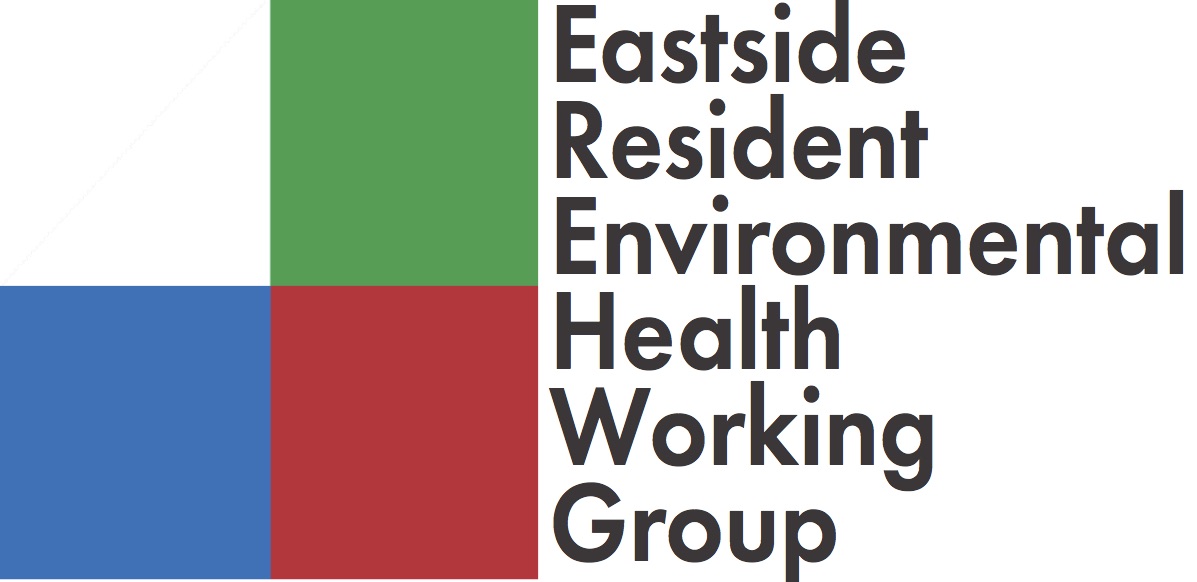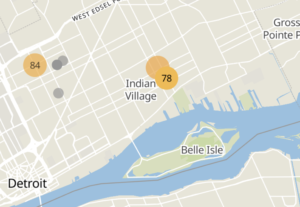These recommendations were presented to FCA at a meeting at their Auburn Hills Headquarters on August 2, 2019. This meeting was initiated by Senator Stephanie Chang. Representatives from Detroit People’s Platform and the Eastside Resident Environmental Health Working Group were uninvited to the meeting by FCA. Even though FCA uninvited our representatives, these recommendations and others were presented in the meeting by representatives from other groups that support them.
- Air quality monitoring at settings with vulnerable populations– Head Starts, K-12 schools (especially elementary schools), and senior resident buildings, in addition to monitors on the facility’s property. Prior to submitting the plan to EGLE, the locations for air quality monitoring stations should be determined with community support and buy-in through community engagement process.
- Air filtration systems within settings with vulnerable populations– Head Starts, K-12 schools (especially elementary schools), and senior resident buildings and ensuring that these are maintained over time. The locations for air filtration systems should be determined with community support and buy-in through community engagement process.
- Developing and supporting a community health fund. FCA should utilize the City of Detroit’s environmental health fund to house those funds. $5 million from FCA to support this fund is the ask. Learn more about the existing Public Health Fund.
- Vegetative buffers – These can make an impact on pollution concentrations from emissions from the facility as well as trucks on the roads. We are not certain that the direct and immediate benefit to indoor air quality, where children spend most of their time, will be as advantageous as the two listed above.
- Regular community meetings in partnership with local and environmental organizations, to give updates on the emissions data from the air monitors, take feedback, and engage with the community on environmental and public health issues on a quarterly or bimonthly basis.

